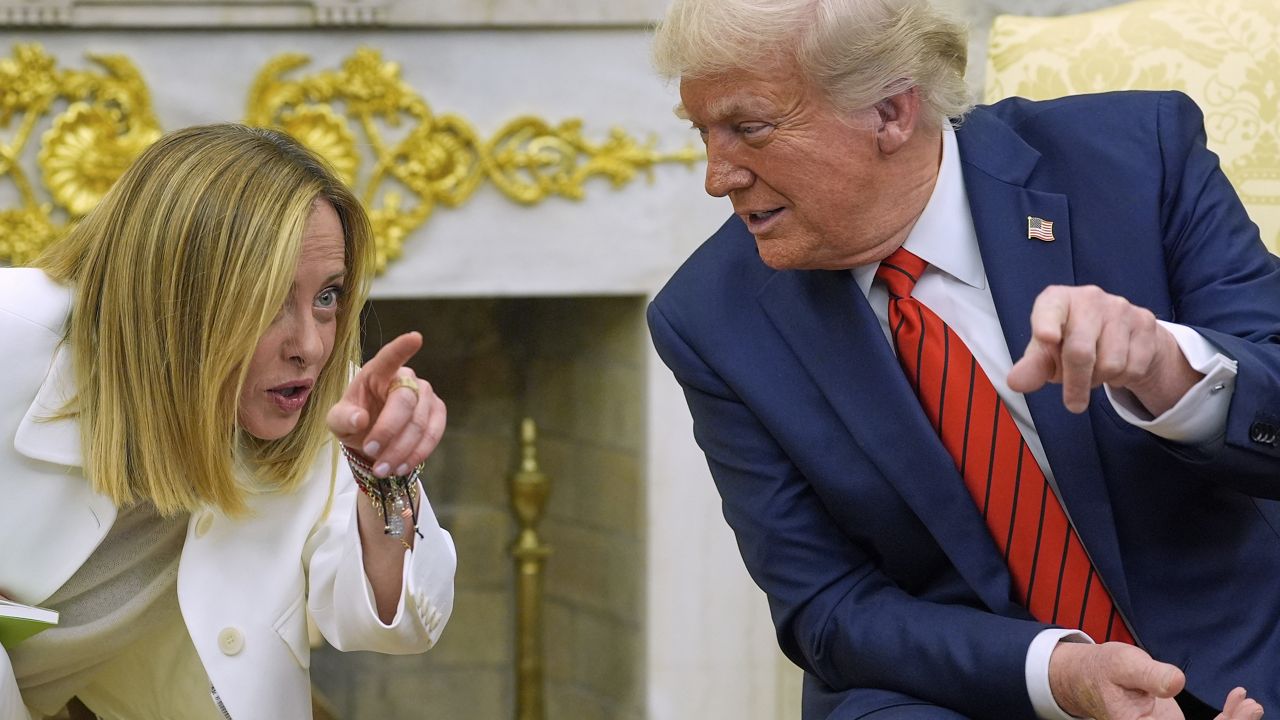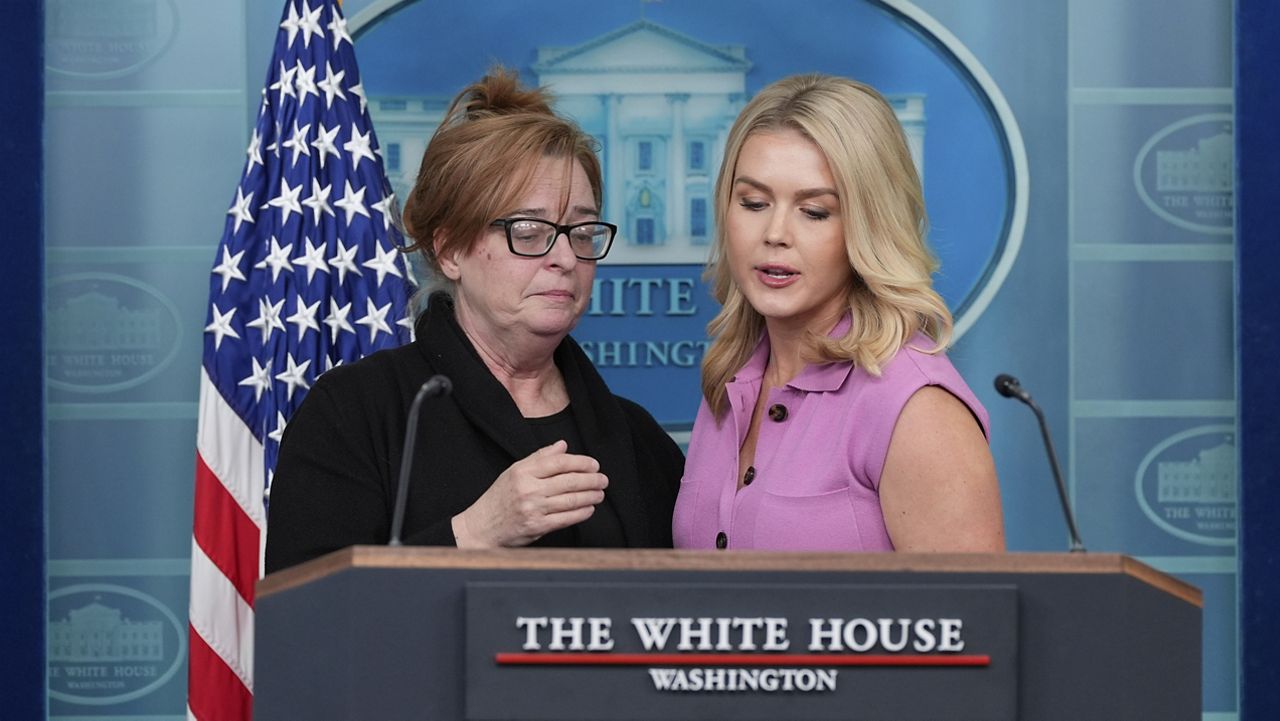President Joe Biden traveled to Syracuse, N.Y., on Thursday -- home of his law school alma mater, Syracuse University -- to announce $6.1 billion in federal funding for Micron Technology to boost the production of advanced memory computer chips.
Biden hailed the CHIPS and Science Act -- a 2022 bill championed by Senate Majority Leader Chuck Schumer, D-N.Y., that aims to boost domestic manufacturing -- for luring Micron to Central New York, where the company, the president said, plans "to build the biggest semiconductor manufacturing site in all of America.”
He went on to add it will be “one of the biggest in the world.”
"It's gonna be the size of 40 football fields. Forty," Biden exclaimed, before playing to the home crowd: "Big enough to build four Carrier Domes inside and still have space left over."
The funding will help with the construction of two new Micron facilities in Clay, N.Y., and one new facility in Boise, Idaho. The federal funds supplement Micron’s own plan to spend up to $125 billion in New York and Idaho over the next 20 years to bolster the manufacturing of leading-edge chips.
"Six-point-one billion in CHIPS funding, paired with $125 billion from Micron to build these facilities in New York and near Micron headquarters in Idaho," Biden said to applause. "It's been mentioned before, it's the single-biggest private investment in the history of these two states."
Biden on Thursday also announced four new hubs to train and connect workers to jobs created under Biden’s signature pieces of legislation, such as the CHIPS and Science Act. The new hubs will be in upstate New York, Michigan, Milwaukee, Wisc. and Philadelphia, Pa.
“We are rebuilding upstate New York’s economy one microchip at a time,” Schumer declared on Thursday. “Our country will be more economically secure because of micron, our national security will be stronger because of micron and syracuse, central New York and upstate New York’s economy will be more prosperous because of micron.”
Schumer, who played a pivotal role in shepherding the legislation, joined Biden in Syracuse for the announcement -- and showed off his orange tie and socks to the crowd, a nod to Syracuse University's iconic color scheme.
"It is so good to be here on such an important day for this community's future and for America's future," Schumer said, before calling Biden -- a 1968 Syracuse University School of Law graduate and the first alum to be elected president -- "Syracuse all the way" despite not joining him in wearing Syracuse socks.
"Mr. President, welcome back to Syracuse. This city will always be home for you," Schumer declared.
In a call on Wednesday previewing Biden's announcement, White House National Economic Advisor Lael Brainard hailed that “Micron’s $125 billion investment will bring manufacturing of leading-edge memory chips back to the United States after decades of foreign dominance and mark a new chapter in U.S. leadership of semiconductors."
The money – which comes from Biden’s CHIPS and Science Act – is part of Biden’s larger goal to bring semiconductor production back to the United States from Asia.
“We took action to make sure these chips are made in America again,” Biden said of himself and Schumer on Thursday.
Semiconductors, used in everything from dishwashers to weapons systems, were invented in America, White House Deputy Chief of Staff Natalie Quillian noted on Wednesday’s call. But over the years, she said, the U.S. went from producing 40% of the world’s chips to the 10% we produce now.
Currently, the U.S. does not produce any of the world’s most advanced chips. Last month, the administration set the goal for the U.S. to produce 20% of the world’s leading-edge semiconductors domestically by 2030.
“That's why today, this is such a big deal and it is a big deal,” Biden said.
Last month, Biden visited Chandler, Ariz., to announce $8.5 billion in funding for Intel to construct and expand factories that make semiconductors in four states. And earlier this month, the administration announced $6.4 billion for Samsung Electronics for a computer chip manufacturing and research cluster in Texas.
The CHIPS and Science Act, passed by Congress with bipartisan support and signed by Biden in the summer of 2022, contains $52.7 billion in subsidies to bolster domestic semiconductor production, along with a 25% tax incentive for investments in domestic chip investments worth roughly $24 billion.









